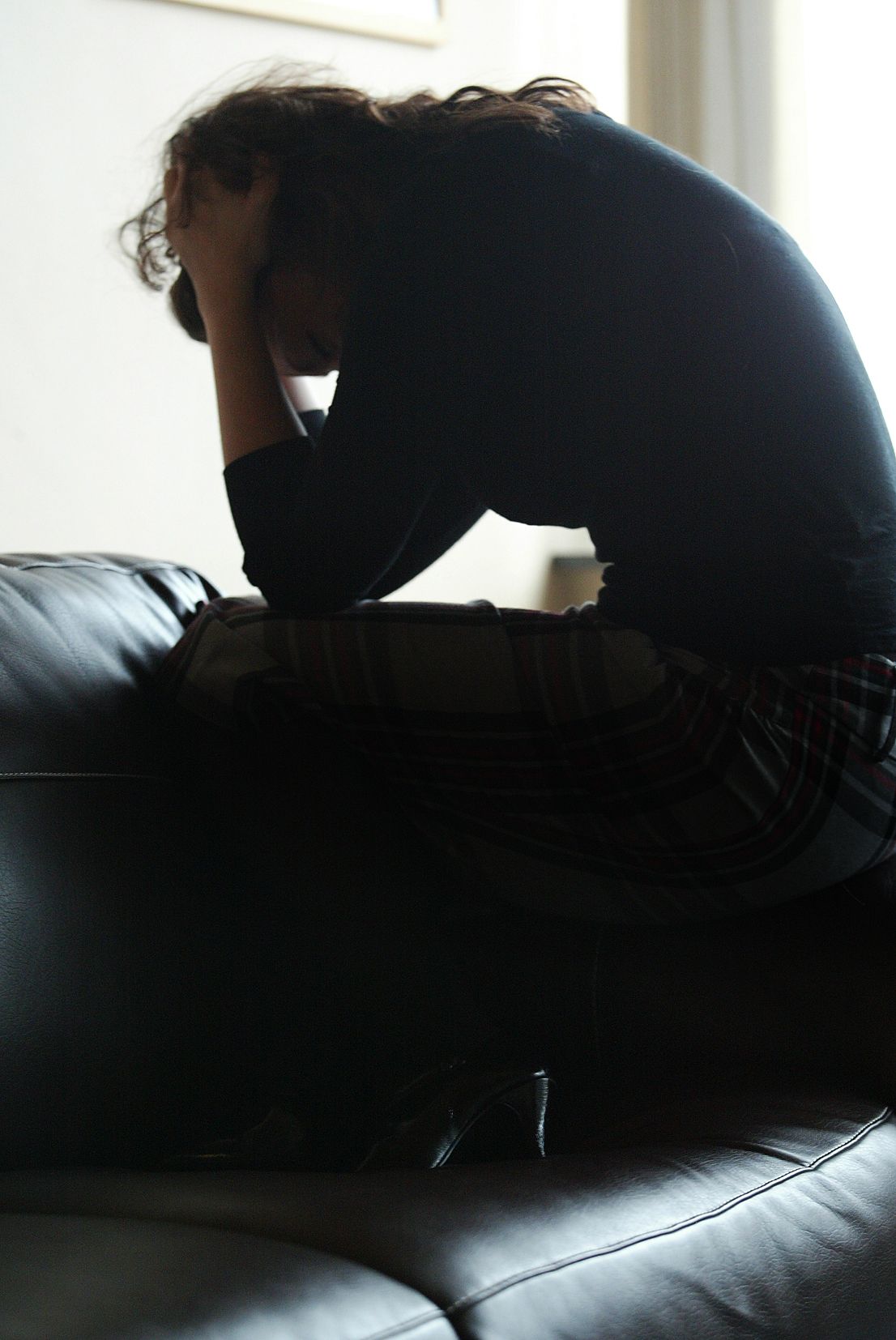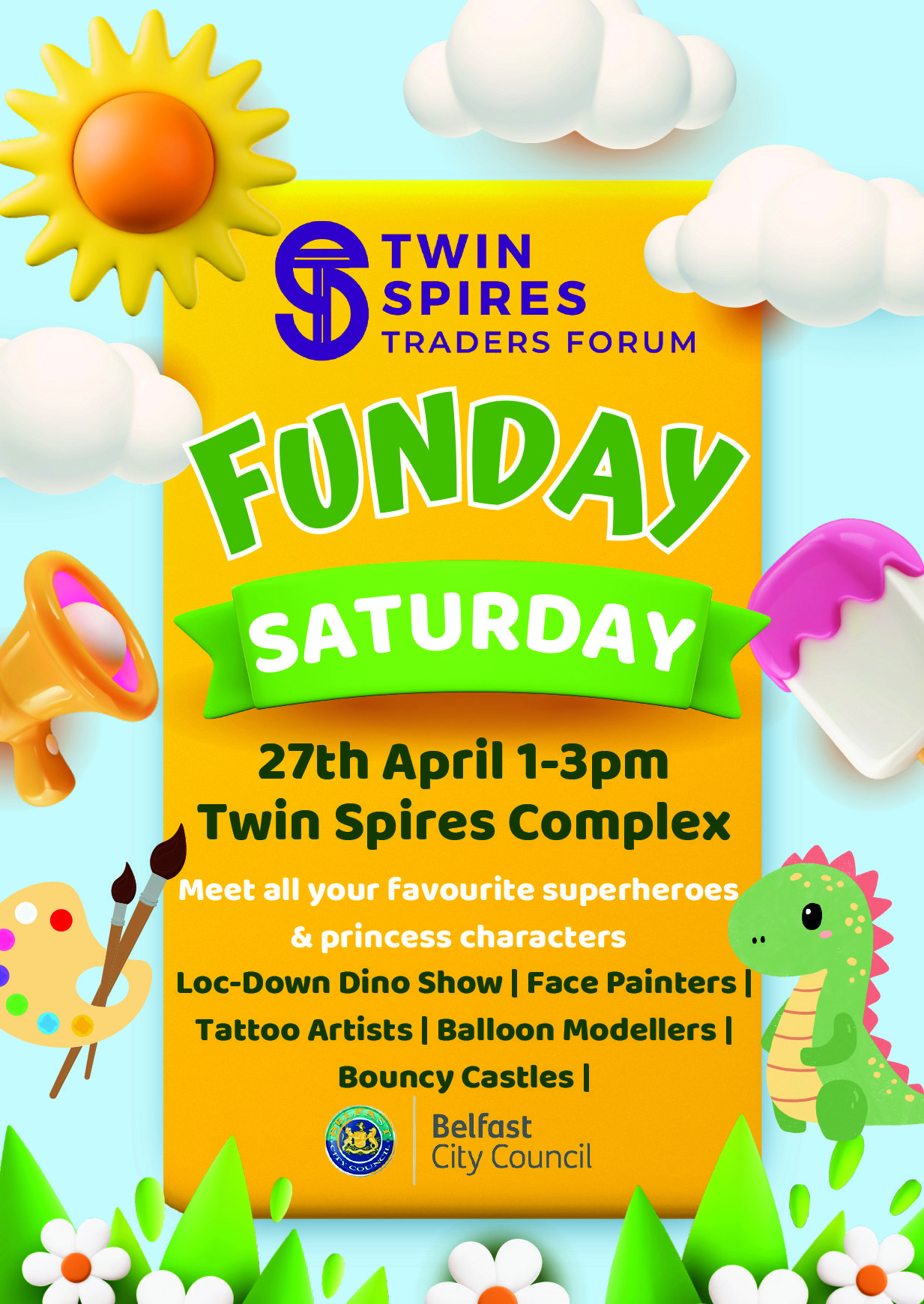IN 2018 it was reported that for every 100,000 15-24-year-olds in the north of Ireland, 17.8 of them took their own life. This is a damning statistic that many of us have unfortunately become quite familiar with. This rate increases when you begin to examine subsections of society such as LGBTQIA+ people and ethnic minorities. For me, I am personaly familiar with this. As we approach World Mental Health Month (October), I’ve decided to talk about my story. How at the age of 21-years-old, I attempted to take my own life. After years of heightened depression, anxiety and the refusal that anything was wrong.
For years I acted as a mental health advocate. I introduced new programmes at school to look after younger students, engaged with mental health campaigns and taught many the signs of depression and anxiety. All the while I was suffering. Silently. Alone. When I was in this mindset I ignored the signs I preached to others. I wouldn’t leave my bed for days. I lost my passion for university and life in general. I pushed people away and never spoke to my doctor. I suffered panic attacks on a frequent basis and my low mood would sky rocket everyday without fail. This became my normal.
In Janaury of 2022, after weeks of using alcohol as a coping mechanism and spending extortionate amounts of money, I sat in my room and planned out how I was going to end it. I got dressed. I got ready. It was time to ‘end’ the pain. I made the decision not to tell anyone or text goodbye. For me, at this moment, I was merely focused on this one task. Nothing else mattered. However, all of a sudden my phone buzzes. My best friend texted me something so simple yet so powerful:"are you alright?’’ In a split second I typed back no. Ten minutes later she was in my flat and my attempt was no more.
Crying is a normal human response to a whole range of emotions that has a number of health and social benefits, including pain relief and self-soothing effects. However, if crying happens frequently or uncontrollably it could be a sign of depression.#itsnormaltocry pic.twitter.com/zQCqUWZgEG
— PIPS Suicide Prevention Charity (@PipsCharity) September 28, 2023
Now, my suicidal ideations did not just vanquish because I was stopped. It took many months of me walking this earth as a shell of a human. No real thoughts. No real passion. No real motive. It wasn’t until almost a year after my initial attempt that I participated in therapy and medical treatment for myself rather than just to please others. You see, for a long time, I was still in denial that anything was actually wrong. I did talk and go to a doctor and seek help. But initially it was just to please my family and friends. A topic not often discussed is the recovery time after an attempt. How being alive now means I not only have to deal with everyday life, but I also have to comprehend my previous want to not be here. Almost two years later, I am most definitely still recovering.
Why write this? Well, this event and my ill-mental health have acted as the most pivotal catalysts in my life. I am now in a position where I am happy with who I am and I think about tomorrow. I am slowly but surely regaining my passions for both old and new hobbies and interests. I have been able to hold down a full-time job and made new friends who have been incredibly supportive. My life is on the up. But, that doesn’t mean I don’t have bad days and sometimes bad weeks. I still seek out help and will probably suffer from depression and anxiety for the rest of my life. That doesn’t mean I can’t be happy and live a full and prosperous life.
If you suffer from ill-mental health take this as a message to seek out help. Like me you mighn’t believe it, but there are those out there who will and want to help. There are therapists, doctors, friends and family that want to help you get better. Hurting alone is an impossible task. However hard it may seem, once you send that first text out, it can only go up.
Caitlin Wickham
Do you have something to say on this issue? If so, submit a letter for publication to Conor McParland at c.mcparland@belfastmedia.com or write to Editor Anthony Neeson at Andersonstown News/North Belfast News, Teach Basil, 2 Hannahstown Hill, Belfast BT17 0LT









